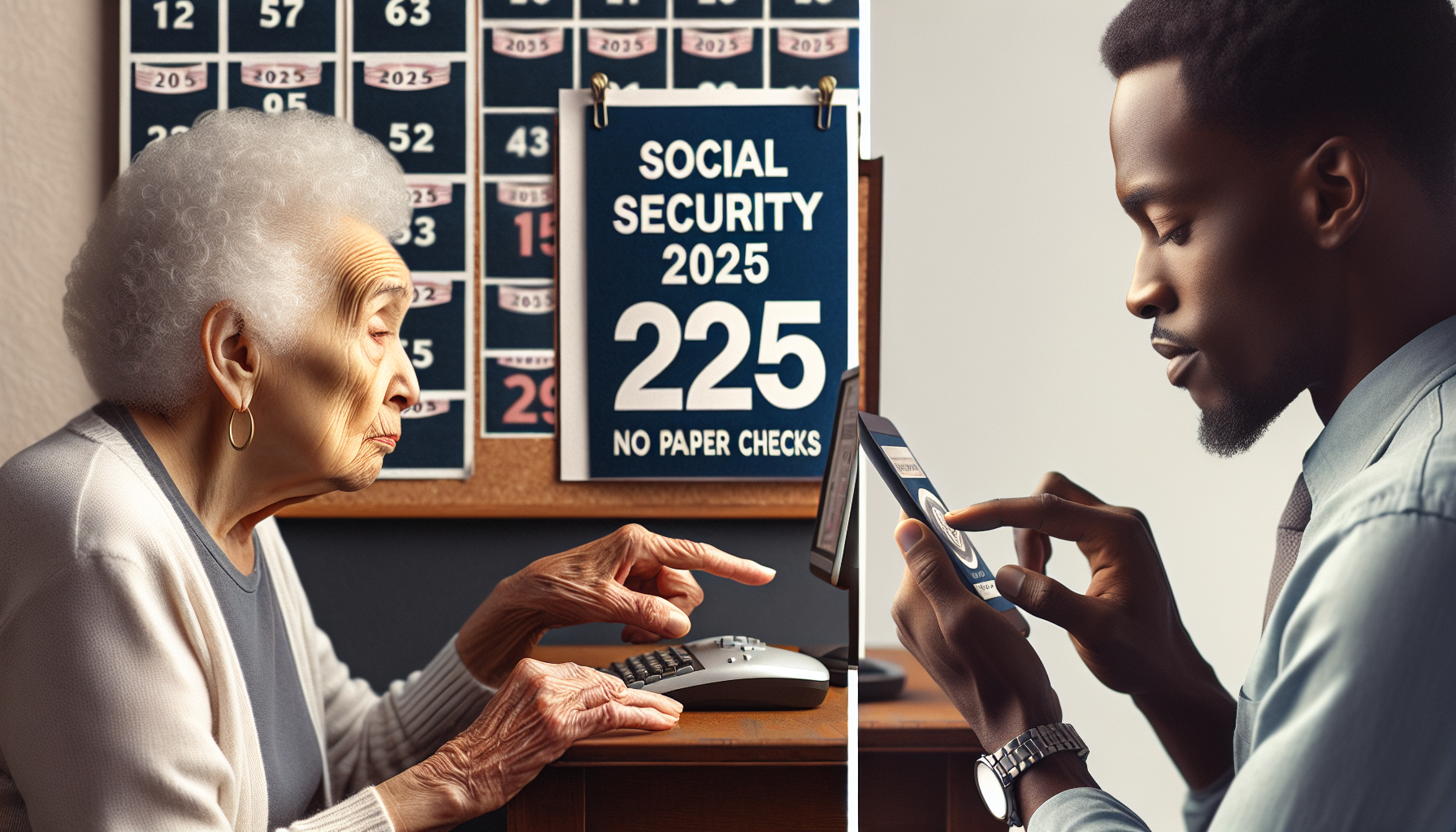
tl;dr
The Social Security Administration's shift to a digital-first model sparks debate, as modernization efforts aim to boost efficiency but risk leaving vulnerable beneficiaries behind. With paper checks phased out by 2025 and staff reallocated to phone support, advocates warn of increased challenges fo...
The Social Security Administration (SSA) is undergoing a significant transformation, shifting toward a digital-first model to streamline operations and enhance service delivery. These changes, which include phasing out physical benefit checks, deploying a chatbot, and reassigning field office staff to bolster phone support, aim to improve efficiency and adapt to modern demands. However, the rapid pace of these updates has sparked concerns among advocates who argue that the needs of vulnerable beneficiaries—particularly seniors and individuals with disabilities—may be overlooked in the process.
The SSA’s modernization efforts are framed as a response to the evolving landscape of service delivery. By ending paper checks by September 30, 2025, the agency is pushing beneficiaries toward direct deposit or prepaid debit cards, a move it claims reduces administrative costs and minimizes security risks. Digital access to Social Security numbers and the introduction of a chatbot are also part of this strategy, designed to cut down on in-person visits and provide 24/7 support. The agency highlights that online services handled nearly 40 million transactions in a recent month, with agent-assisted calls averaging a 9-minute wait time. These metrics, the SSA argues, reflect a more responsive and secure system.
Yet, advocates warn that the transition risks leaving behind those least equipped to navigate digital platforms. Shannon Benton, executive director of The Senior Citizens League, emphasizes that 22 million seniors rely solely on Social Security benefits, many of whom lack computer literacy or reliable internet access. “Baby steps are needed,” she says, noting that older adults often struggle to adapt to new technologies. The shift has already raised concerns about scams, as beneficiaries may find it difficult to distinguish legitimate communications from fraud.
The reallocation of staff from field offices to the SSA’s 800-number support line has further complicated matters. While the agency has reassigned 2,000 workers to handle calls, many rural areas—where 20% of seniors reside—have seen significant staff reductions. This has led to longer wait times and increased pressure on understaffed offices, creating a “Catch-22” for beneficiaries who may need in-person assistance. Dan Adcock of the National Committee to Preserve Social Security and Medicare describes the situation as a “double bind,” where reduced staff force more people to rely on digital or phone services, which are not always accessible.
Despite these challenges, some experts acknowledge the potential benefits of digitization. The SSA’s efforts to reduce paperwork, enhance fraud detection, and improve access to claims and disputes could ultimately serve millions more efficiently. However, the key, as Wendell Primus of the Brookings Institution notes, is to balance innovation with inclusivity. “Modernization is necessary, but it must be done carefully to avoid disrupting those who cannot easily adapt,” he says.
For beneficiaries, the changes underscore the importance of staying informed. Understanding how to access digital tools, recognizing scams, and preparing for the shift to electronic payments are critical steps. As the SSA continues to evolve, the debate over how to balance efficiency with accessibility will remain a central issue for policymakers and advocates alike. The success of these reforms will hinge on whether they truly serve all Americans—or leave some behind in the digital age.